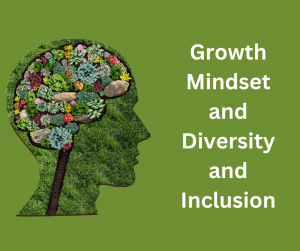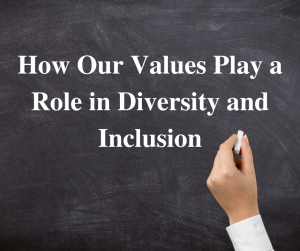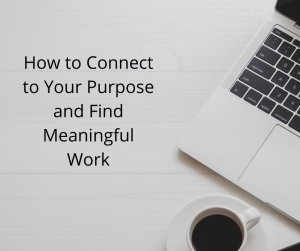Acceptance and Self-Acceptance in Support of Belonging
By Dr. Kathleen Costello
Belonging is a basic human need. It is part of our survival mechanisms to feel that we are accepted by others. We may not realize this consciously, but it drives many of our actions and behaviors. In Abraham Maslow’s hierarchy of needs, belonging is the third tier following physiological and safety needs. We can see that even the most basic needs for food, shelter, and safety are also often dependent on others. We may like to believe we can be an island unto ourselves but if we look closely at our lives, we will see how interdependent we are with people near and far.
How do we foster belonging? A good place to start is acceptance. One of the ways we feel a sense of belonging is by knowing that the people in our lives accept us. One of our deepest hopes is that we can be seen, heard, and accepted for who we are, flaws and all. Unfortunately, it does not always feel easy or safe to show up completely as ourselves because we often fear that we will be rejected if others see the “real” us. This is where self-acceptance can help.
Humans use judgment as a critical tool to evaluate, contrast, learn, and make decisions. We also judge each other and ourselves. Being judged by others is often what inhibits a sense of belonging. We also spend a great deal of time judging ourselves. Many of us have a strong inner critic which gets in the way of us showing up fully. When we recognize our inner critic at work, we can acknowledge it. That critical inner voice developed to protect us. It does not want us to take risks and therefore uses all kinds of tactics to put us down and keep us safe. The problem is that it can affect our sense of belonging in our own lives and with others.
By learning to recognize the inner critic, we can bring acceptance to it and recognize it is trying to keep us safe. We can question what it tells us and see how it limits our full expression in the world. Then we can practice self-acceptance. If we want to support a sense of belonging, we must first start with ourselves. If we can learn to accept ourselves wholeheartedly (which may be a lifelong process), we will not be as affected or fearful of the judgment of others. When we learn to accept the whole range of our humanness, we can more easily accept other people. We do not have to like everything about ourselves or every person we meet. Acceptance is a gift that we give because it is one of the deepest needs of humans.
People like to feel accepted. By starting with ourselves, we can have a ripple effect that supports a greater sense of belonging. Remember that we all want to feel accepted and that we belong. We also all have inner critics. When we learn to be more accepting and gentler with ourselves, people often recognize that and want to be around us. Acceptance is often a doorway to change. It can ease defenses and allow us to meet each other fully. It is amazing what is possible when we work and live in an environment of belonging. As Mahatma Gandhi said, “be the change you wish to see in the world.”








